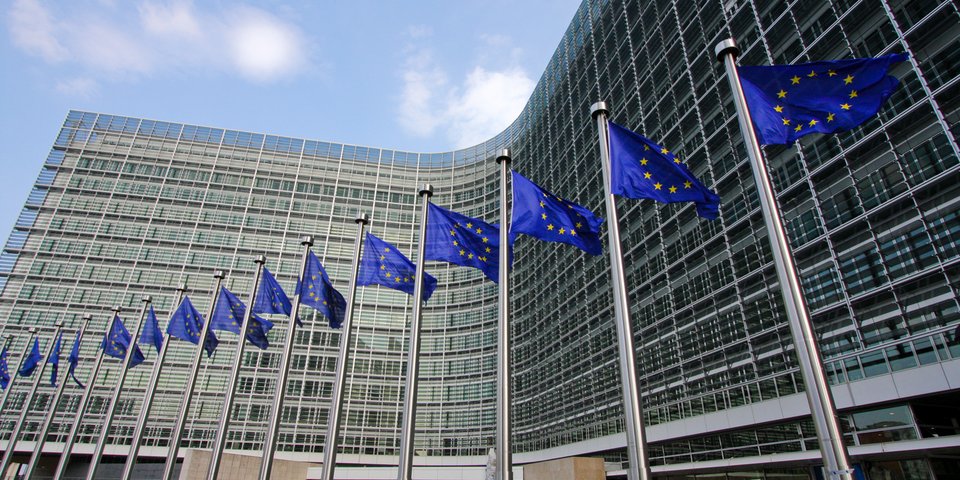 iStockphoto/Joris Van Ostaeyen
iStockphoto/Joris Van OstaeyenThe end of unanimity in European social policy?
EU Commission launches debate on more efficient decision-making.
IF – 04/2019
The
Juncker Commission, in one of its last official acts, has released a Communication on ‘More efficient decision-making in social policy: Identification of areas
for an enhanced move to qualified majority voting’ with the aim of achieving
faster and more efficient decision-making in European social policy areas by
the enhanced use of qualified majority voting. There will now be a discussion
at European level.
In
most social policy areas where the EU has the power to act, decisions are
already made through qualified majority voting. However, there are still some
areas, such as social security and social protection for workers, where
unanimity is required in the Council to adopt relevant initiatives. An example
of this would be the Council Recommendation on access to social protection for workers and the self-employed.
According
to the Communication, ‘passerelle clauses’ in the EU Treaties allow for decisions
to be made via qualified majority instead of unanimity. This would mean that a
qualified majority would have to obtain the approval of at least 55% of the
Member States and also the majority of at least 65% of the total EU population.
This change would have a significant impact on decision-making processes in
European social policy.
The
first step would be to use the passerelle clauses to facilitate decision-making
on non-discrimination matters. This would be followed in the near future to
adopt recommendations on social security and social protection of workers. The
Commission clearly wants to increase the speed of decisions in the social
field, as well as support the process of modernisation and convergence of
social protection systems.
The
Commission has expressly stated that nothing will change in terms of Member
State responsibility for national social security systems; however, this
initiative is clearly intended to strengthen Europe’s ability to act over
national interests. The German Social Insurance will be closely following the
debate at European level.
